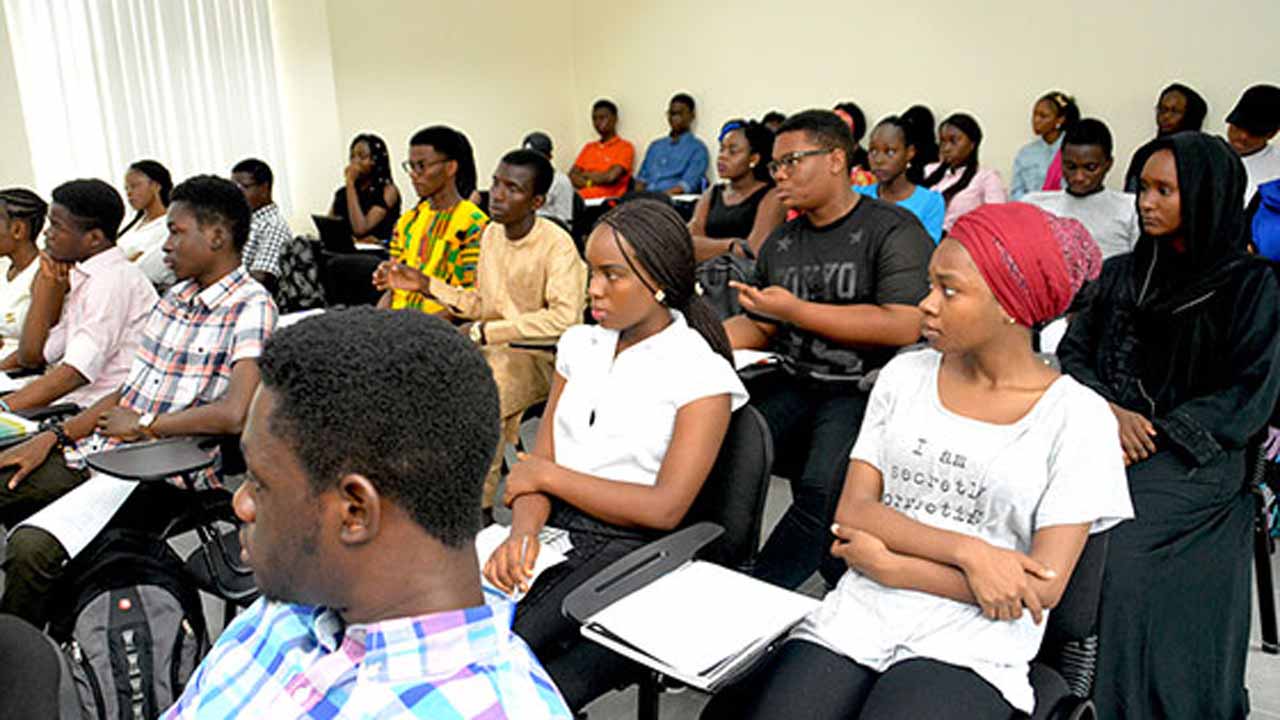Education: The Catalyst for Economic Advancement
Education stands as the cornerstone of economic development, serving as a powerful catalyst that propels nations toward progress, innovation, and prosperity. In today’s knowledge-driven global economy, the importance of education cannot be overstated. It not only empowers individuals but also fuels economic growth, enhances productivity, and fosters social cohesion. In this article, we explore the multifaceted significance of education in economic development and its transformative impact on societies worldwide.
1. Building a Skilled Workforce:
Education equips individuals with the knowledge, skills, and expertise necessary to thrive in a modern economy. A well-educated workforce is more adaptable, creative, and capable of embracing new technologies and methodologies. Skilled professionals are vital in driving innovation and competitiveness, attracting investments, and fostering entrepreneurship—all essential components of economic growth.
2. Enhancing Productivity and Innovation:
Educated individuals contribute significantly to increased productivity. Education sharpens critical thinking, problem-solving, and analytical skills, enabling workers to perform tasks more efficiently. Moreover, education fosters innovation by nurturing a culture of curiosity and exploration. Innovations in various fields, from technology to healthcare, often stem from the minds of well-educated individuals, driving economic advancement.
3. Reducing Poverty and Social Disparities:
Education serves as a potent tool in poverty alleviation. Educated individuals have access to better job opportunities, leading to higher income levels and improved living standards. Moreover, education promotes social mobility, breaking the cycle of poverty across generations. By ensuring equal access to quality education, societies can mitigate social disparities and create a more equitable distribution of resources.
4. Stimulating Economic Diversification:
Countries with educated populations are better positioned to diversify their economies. Education nurtures a skilled workforce capable of engaging in various sectors, from technology and finance to healthcare and manufacturing. Economic diversification reduces dependence on a single industry, making economies more resilient to market fluctuations and external shocks.
5. Fostering Social Cohesion and Stability:
Education promotes social cohesion by instilling values of tolerance, understanding, and respect for diversity. Educated societies tend to be more inclusive and tolerant, fostering social harmony and stability. Moreover, education equips individuals with the tools to critically analyze societal issues, engage in informed discussions, and contribute positively to civic life, enhancing overall societal resilience.
6. Attracting Foreign Direct Investment (FDI):
Investors are inclined to establish their presence in countries with a well-educated workforce. Skilled labor is a significant factor for businesses when choosing locations for investment. Nations with strong educational systems are more likely to attract Foreign Direct Investment, leading to job creation, technology transfer, and economic growth.
Addressing Global Challenges:
Education plays a pivotal role in addressing global challenges such as climate change, public health crises, and social inequalities. Educated individuals are better equipped to understand complex issues and collaborate on finding sustainable solutions. Education empowers communities to adapt to changing circumstances, fostering resilience in the face of global challenges.
In conclusion, education stands as the linchpin of economic development, shaping the future of nations and empowering individuals to reach their full potential. By investing in education, governments and societies pave the way for progress, innovation, and a better quality of life for all. As the world becomes increasingly interconnected, the importance of education in driving economic growth and fostering global harmony cannot be overstated. It is a collective responsibility to ensure that education is accessible, inclusive, and of the highest quality for every individual, laying the foundation for a prosperous and enlightened global society.











Leave a Reply